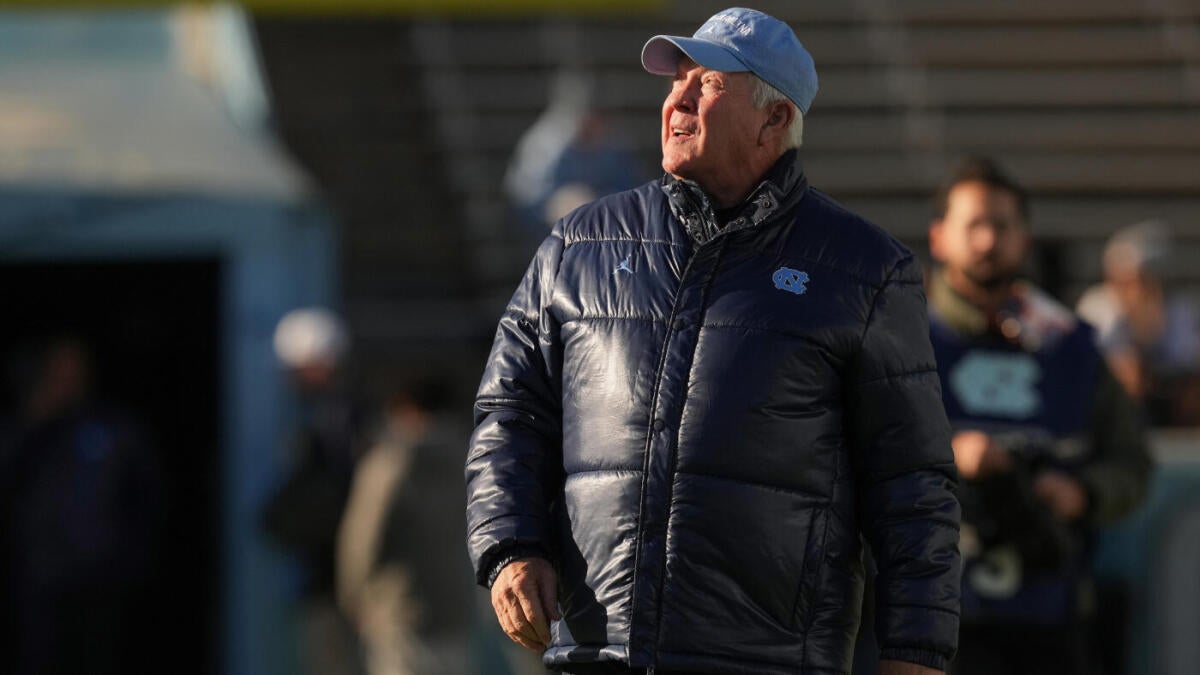The Mack Brown to Bill Belichick Transition at North Carolina: A Strategic Shift Under the Spotlight
The University of North Carolina’s football program recently underwent a dramatic coaching overhaul—trading legendary Hall of Famer Mack Brown for NFL icon Bill Belichick. This seismic shift in leadership carries implications not only for UNC football but for college football’s competitive and academic landscape. Examining Mack Brown’s reflections alongside reports on UNC’s strategic commitments highlights the complexities behind this unprecedented move.
Mack Brown’s Departure and Reflections
Mack Brown, a celebrated coach known for his legacy-building tenure in college football, ended his second stint at UNC with mixed emotions. After being fired following a 6-7 record in the 2024 season, Brown expressed acceptance, stating that it was time for a new direction. His comments reveal frustration over financial constraints and competitive difficulties, saying UNC lacked sufficient revenue-sharing and had budget limitations—$4 million was far from enough to compete seriously in the ACC or on a national stage.
Importantly, Brown conveyed no hard feelings toward the university or new coach Bill Belichick. Instead, he acknowledged UNC’s increased commitment to football under Belichick’s arrival, including financial investments and even relaxed academic standards to facilitate the program’s success. Brown’s candid admission that the university lowered academic requirements to help Belichick succeed is rare in the coaching world and highlights the growing pressure on college programs to win at all costs.
Financial and Academic Investments to Support Belichick
UNC appears to have made substantial financial commitments to support its new football era. Reports indicate an increase in budget from roughly $4 million during Brown’s final years to $13 million, funding growth that encompasses facilities, recruitment, coaching staff, and probably player support services.
The university’s willingness to lower academic standards raises significant questions. Though exact details are scarce, this move signals an urgent desire to attract and retain top-tier athletes capable of competing at the highest level, even at the expense of traditional academic rigor. This trend reflects a broader debate in college athletics regarding how far institutions should go to prioritize athletic success and whether such compromises might affect the school’s academic integrity and reputation.
Bill Belichick’s Unique College Football Opportunity
Bill Belichick’s hiring marks an extraordinary departure for a coach with no prior college coaching experience and an unmatched NFL record, including six Super Bowl titles. His move to UNC disrupts norms. Many view Belichick’s transition as an effort to build a dominant college legacy and take advantage of increasing college program revenues in the evolving NIL (Name, Image, Likeness) era.
Belichick’s presence already commands immediate attention, energizing recruitment and fanbase enthusiasm, as shown by rapid ticket sellouts and media buzz. His disciplined, system-based approach could potentially reshape UNC’s culture, instilling NFL-level professionalism and rigor into a program historically inconsistent in performance.
Challenges and Skepticism
Despite Belichick’s undeniable genius, skepticism persists about his fit for college football. Some commentators warn UNC could repeat mistakes seen under Brown if they rely solely on Belichick’s NFL pedigree without addressing modern college football dynamics such as recruitment politics, compliance with NCAA regulations, player development tailored for a rapidly changing sport, and maintaining transparency with media and fans.
Furthermore, the reported “lowering” of academic standards risks attracting criticism from academic stakeholders and alumni, who may worry about the broader implications for university values and long-term student-athlete success beyond sports.
The Future of UNC Football in a Changing Landscape
UNC’s move to invest heavily in football aligns with broader college football trends—where universities leverage coaching hires, NIL opportunities, and financial bonuses to build powerhouse programs. The inclusion of a coach of Belichick’s stature is unprecedented and represents a gamble on transcending traditional college football limitations.
Mack Brown’s acknowledgment of these changes, including his acceptance of his own tenure ending, suggests a transitional period where UNC seeks to balance athletic ambition with institutional integrity. His support, albeit measured, signals a belief that with adequate resources and leadership, UNC can become a national contender.
Conclusion: A Bold Experiment in College Football Coaching
North Carolina’s decision to replace Mack Brown with Bill Belichick symbolizes a bold experiment in college athletics—a clear indicator of evolving strategies to win in a competitive landscape. While the university’s financial investment and lowered academic barriers raise important questions, the potential for success under Belichick’s leadership could elevate the Tar Heels to unprecedented heights.
The ultimate test will be whether the program can maintain balance—leveraging NFL-level coaching expertise and financial backing while preserving academic standards and fostering player development holistically. UNC’s story will be watched closely as a bellwether for the future intersection of college sports prestige, commercialism, and educational mission in the 21st century.





